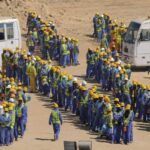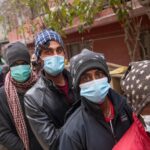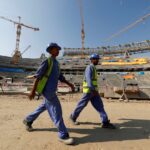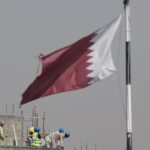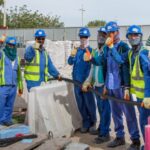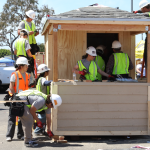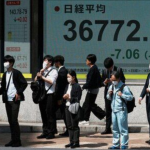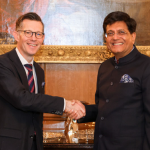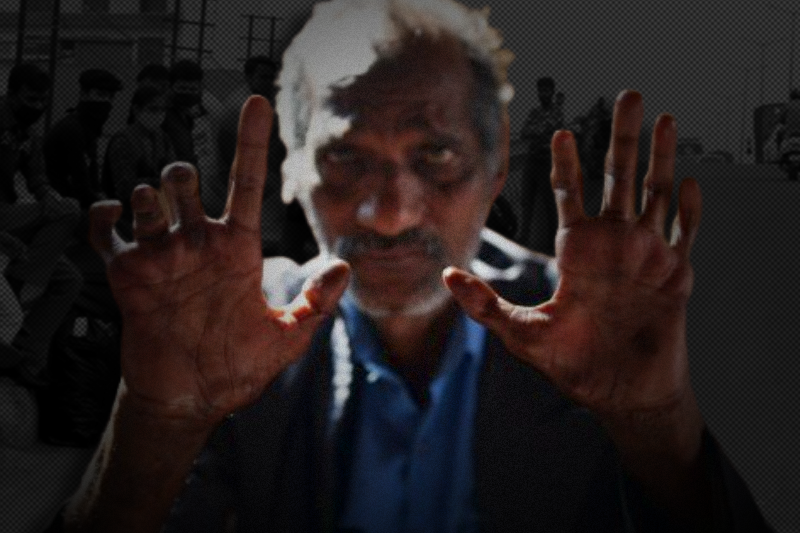
Nepal is not yet leprosy-free; Returnee migrant workers at risk of leprosy in Jhapa
 Nepal – Five returnee migrant workers were diagnosed with leprosy in the Jhapa district of Nepal from mid-November to mid-December in 2021. Chief of Nepal Leprosy District Programme Parashuram Pokharel informed this news. He said that two were detected with leprosy in Buddhashanti rural municipality and one each in Jhapa rural municipality, Damak municipality and Birtamod municipality.
Nepal – Five returnee migrant workers were diagnosed with leprosy in the Jhapa district of Nepal from mid-November to mid-December in 2021. Chief of Nepal Leprosy District Programme Parashuram Pokharel informed this news. He said that two were detected with leprosy in Buddhashanti rural municipality and one each in Jhapa rural municipality, Damak municipality and Birtamod municipality.
Reportedly, the returnee migrant workers are vulnerable to contagious diseases. The chief also informed that the treatment of those living with leprosy has been undergone after diagnosis. He revealed that many migrant workers used to live together in a room during their stay in foreign countries during their employment, which led to the risk of leprosy.
Related Posts
According to the Public Health Inspector at District Health Office, Bishwonath Shrestha, 36 new leprosy-infected were found in Jhapa as of mid-December 2021. Reportedly, one small boy and a girl child were also infected with this disease. Leprosy has been detected among those returning from Gulf countries. The Public Health Inspector said that the detection of leprosy among two children shows a greater level of risk. He also mentioned that at least 10 children were diagnosed with this disease in 2021. The disease is caused by infection with the bacterium Mycobacterium leprae.
To treat this disease, some 14 people with leprosy were administered medicines for six months in the district. Reportedly, as many as 22 people were administered medicines for a year. Severe cases were referred to Leprosy Service Center Lalgadh and Anandabhawan. In 2021, some 21 people had to take extra care and treatment to treat the disease because they were categorised under the ‘severe’ category.
Reportedly, Nepal was leprosy-free in 2009, but at least 3,000 people still suffer from the disease every year. There are still hospitals and institutions working to treat the patients in various parts of Nepal, including Pokhara, Nepalgunj, Surkhet, and Dhangadhi.


